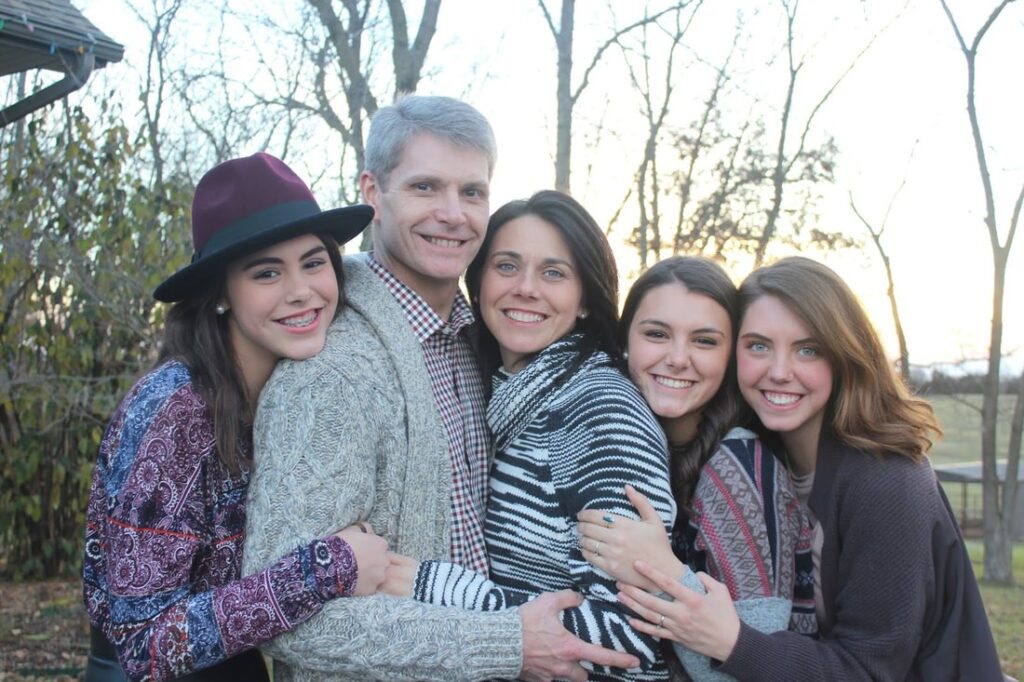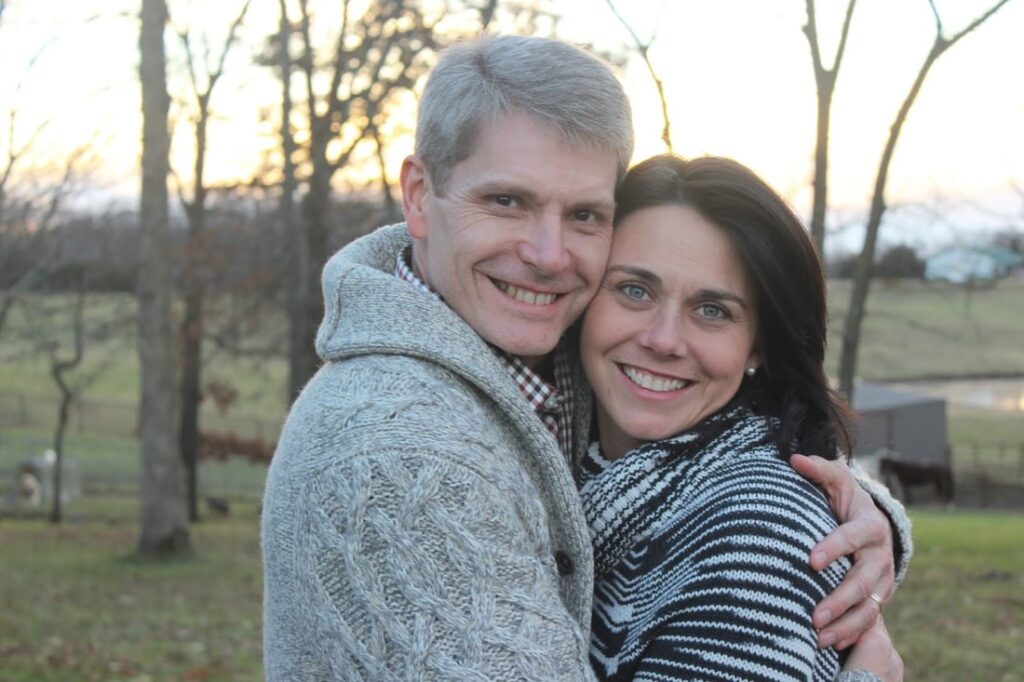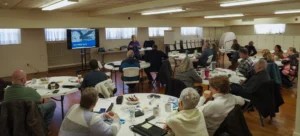This week we’re reaching back into the Good Dads archives to bring you a blogpost from Deron Smith, a professor, pastor and father. While Deron originally wrote this back in 2015, we think the topics he covers are just as topical today!
I was sitting at my computer working away on some project, when one of my daughter’s came in the room and started telling about a something she and her friends had done together at the sleepover the night before. She spoke with excitement, laughing along the way, as I gave an occasional, “Uh-huh,” or “Hmmm…,” or “Oh, really?” She evidently had finished her tale, as she finally said, “Dad, isn’t that so funny?!” Only I had no idea if it was funny or not, because I had not heard a word she said.
“I’m sorry. I wasn’t listening. Could you tell me that again?” I requested with a measure of embarrassment. Her initial excitement about sharing the story with me had worn off, but she retold it anyway.
I wish I could claim that was a one-time event, but it wasn’t. I had made a habit of being a poor listener. On other occasions, the girls had told me things, but I had not listened well. Later, after the conversation had passed, and when I was listening to them, I might ask with surprise, “When did you do that?” “Dad, I already told you, remember?” The problem was I didn’t remember; I had not really heard them in the first place. We had been in the same room. She had stood next to me and told me a story. But I had not listened.
I decided that I had to change some things in order to be a good listener and really hear what my daughters were saying.

Here are a few things that I put into practice to become a better listener:
1. About Face: If at all possible, I stopped what I was doing and did an “about face;” I turned my body and face toward them. Under most circumstances, communication really does involve the face. When I turned toward them, I looked them in the eyes as they told their story.
2. Here to Hear: “I hear you” often begins with “I here you.” Okay, I recognize that this doesn’t make sense grammatically speaking, but let me explain. In order to listen well, I need to be present with them. Being in the same room is not the same as being with them. To hear them, I must also be here, in the moment, not on my phone or staring off in the distance or watching the instant replay of the game or working on my computer. Doing an “about face” is really about showing that you want to be with your child and that they are more important (in the vast majority of cases) than what you might be doing at the moment.
3. Hold That Thought: Occasionally, if my train of thought for an email or document is really critical, I say, “Just a moment. Let me finish typing this thought, then I will listen.” It is important that this not take a long time. If I need more than just a minute (literally), I ask, “May I take five minutes and finish this? Then I will hear your story and not be thinking about this.” Most of the time, they’ll be okay with this.
4. Engage: As you look your child in the eye, offer feedback. “Wow!” “That sounds fun!” “What happened next?” Children like affirmation about their experiences, not just their performances, though the two often go hand-in-hand. If your child is small, put them on your lap and let them talk away.
Active, engaged listening is crucial to healthy conversation. It also builds trust, as your children know that you hear them and care about what they are sharing with you. This encourages them to keep coming to you to share as they get older, because you have proven that you hear.
And good hearing (and “here-ing”) will allow them someday to say with pride, “I have a good dad!”





